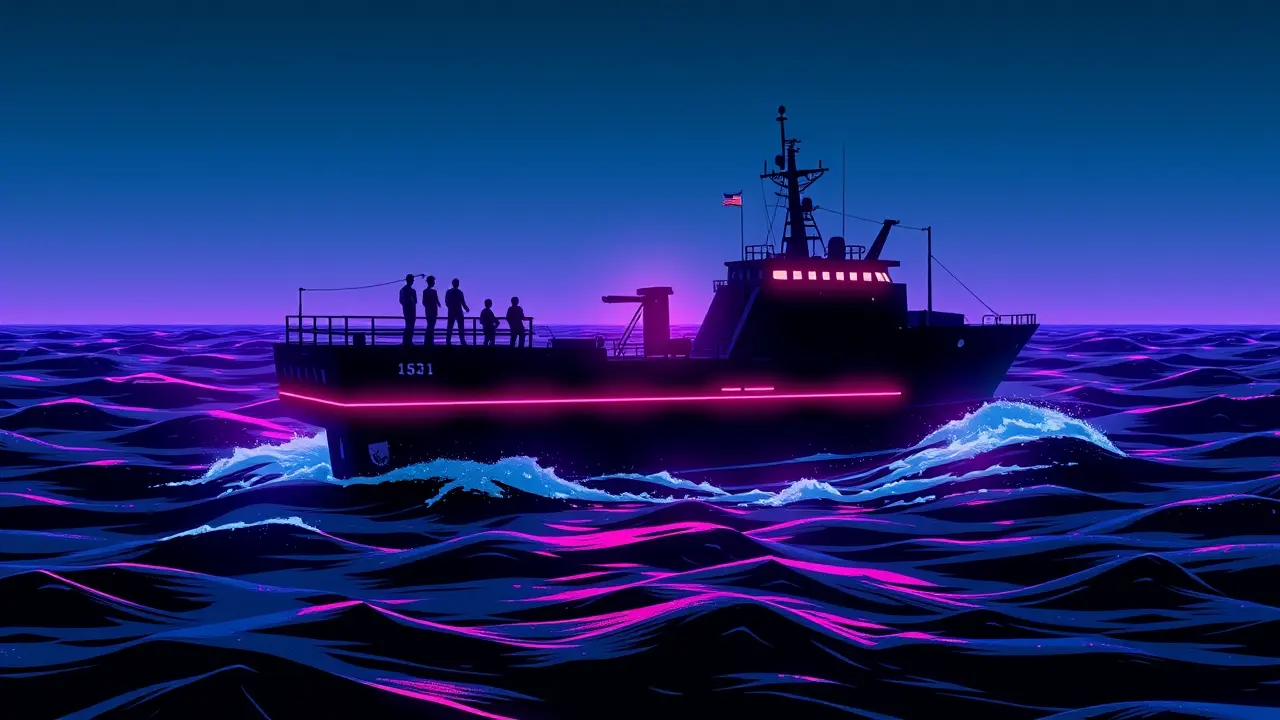US Strikes Vessel Off Venezuela, Killing Six.
In a stark escalation of hemispheric policy that sent immediate shockwaves through diplomatic and intelligence circles, a US military strike on a vessel off the coast of Venezuela has resulted in six fatalities, an operation President Trump swiftly attributed to targeting 'narcoterrorists' explicitly 'trafficking narcotics. ' This decisive action, however, unfolds against a complex and dangerously ambiguous backdrop, as US officials have, at this critical juncture, declined to publicly present any concrete evidence substantiating the claim, thereby framing the incident not merely as a law enforcement operation but as a high-stakes geopolitical gambit with profound implications for regional stability and the very definition of modern conflict.The strategic calculus here is razor-thin and fraught with risk; we are observing a scenario where kinetic military force is being deployed in the murky, often legally nebulous, realm of narcotics interdiction, a domain traditionally policed by the DEA and Coast Guard, not naval destroyers or fighter aircraft. This pivot towards a militarized counter-narcotics approach directly outside Venezuelan territorial waters—waters controlled by the regime of Nicolás Maduro, a government the Trump administration no longer recognizes as legitimate—signals a potential recalibration of the Monroe Doctrine for the 21st century, treating state-collapse and cartel ascendancy as an integrated national security threat.Analysts must now game out the cascading second- and third-order effects: will Caracas interpret this as a precursor to more direct intervention, potentially drawing in Russian or Cuban military advisors stationed there? How will regional allies like Colombia and Brazil, themselves grappling with porous borders and powerful trafficking organizations, respond to a precedent of unilateral US strikes? The immediate market reaction was a predictable flutter in oil futures, given Venezuela’s vast though crippled reserves, but the longer-term risk premium is geopolitical, threatening to further destabilize an already fractured region and create a power vacuum that transnational criminal entities are all too eager to fill. The critical intelligence gap—the absence of publicly verifiable data linking the vessel and the deceased to a specific terrorist organization, as the 'narcoterrorist' label implies—leaves allies scrambling for private briefings and adversaries crafting narratives of imperial aggression.In the corridors of power in Washington, this event will be framed as a necessary show of strength; from the perspective of international law in Geneva and The Hague, it will be dissected for its proportionality and justification. We are at a inflection point, a moment where a single incident off a troubled coast could dictate whether the Western Hemisphere’s security architecture begins to resemble the targeted counter-terrorism operations of the Middle East, blurring the lines between crime and war, and setting a precedent with consequences far deadlier than the six lives already lost.
It’s quiet here...Start the conversation by leaving the first comment.
